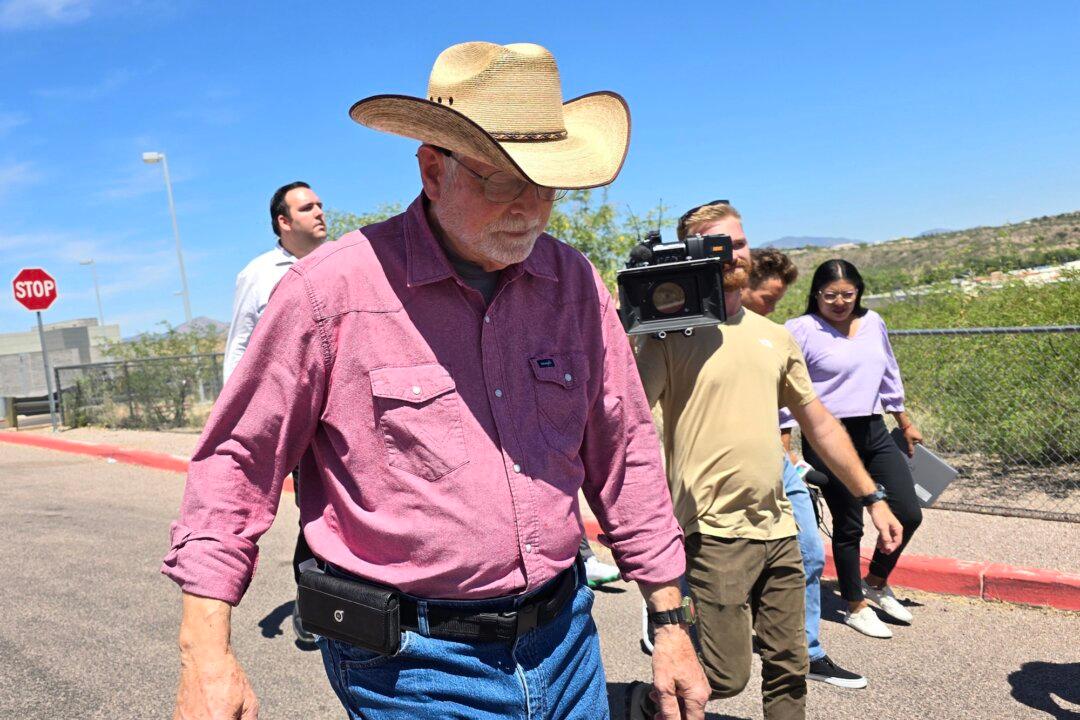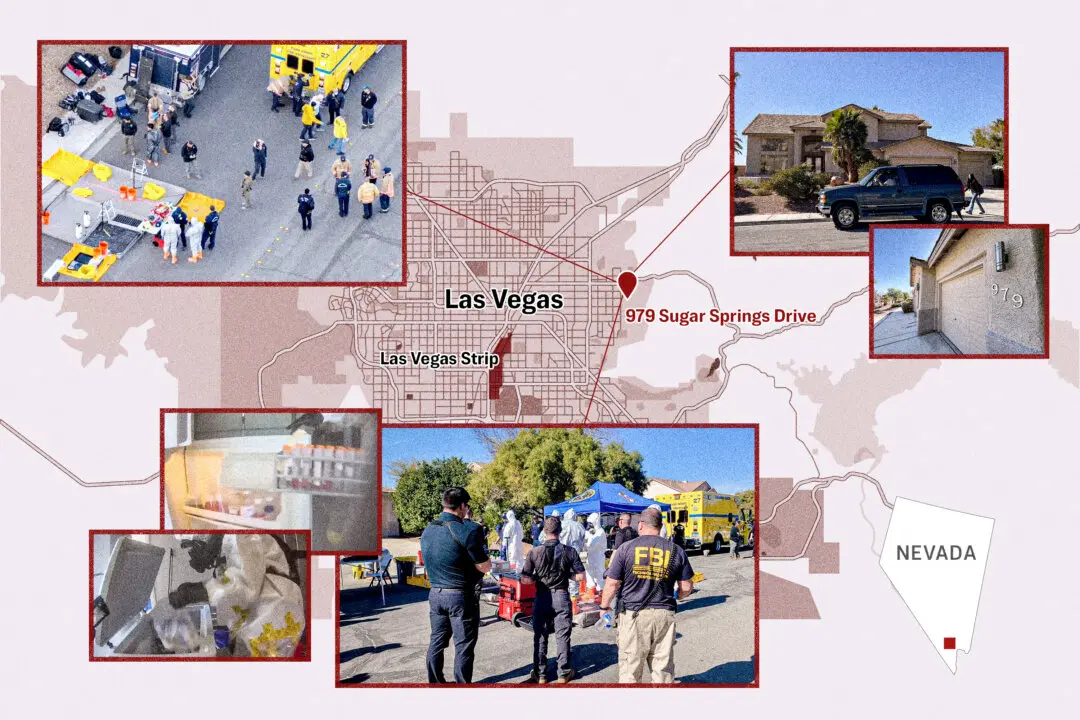NOGALES, Ariz.—Despite a hopelessly deadlocked jury and a judge declaring a mistrial in April, the high-profile murder case of Arizona border rancher George Alan Kelly, 75, isn’t over yet.
On June 3, Santa Cruz County Superior Court Judge Thomas Fink heard opposing motions to dismiss the case—with or without prejudice—and took the matter under advisement before issuing a written decision.





